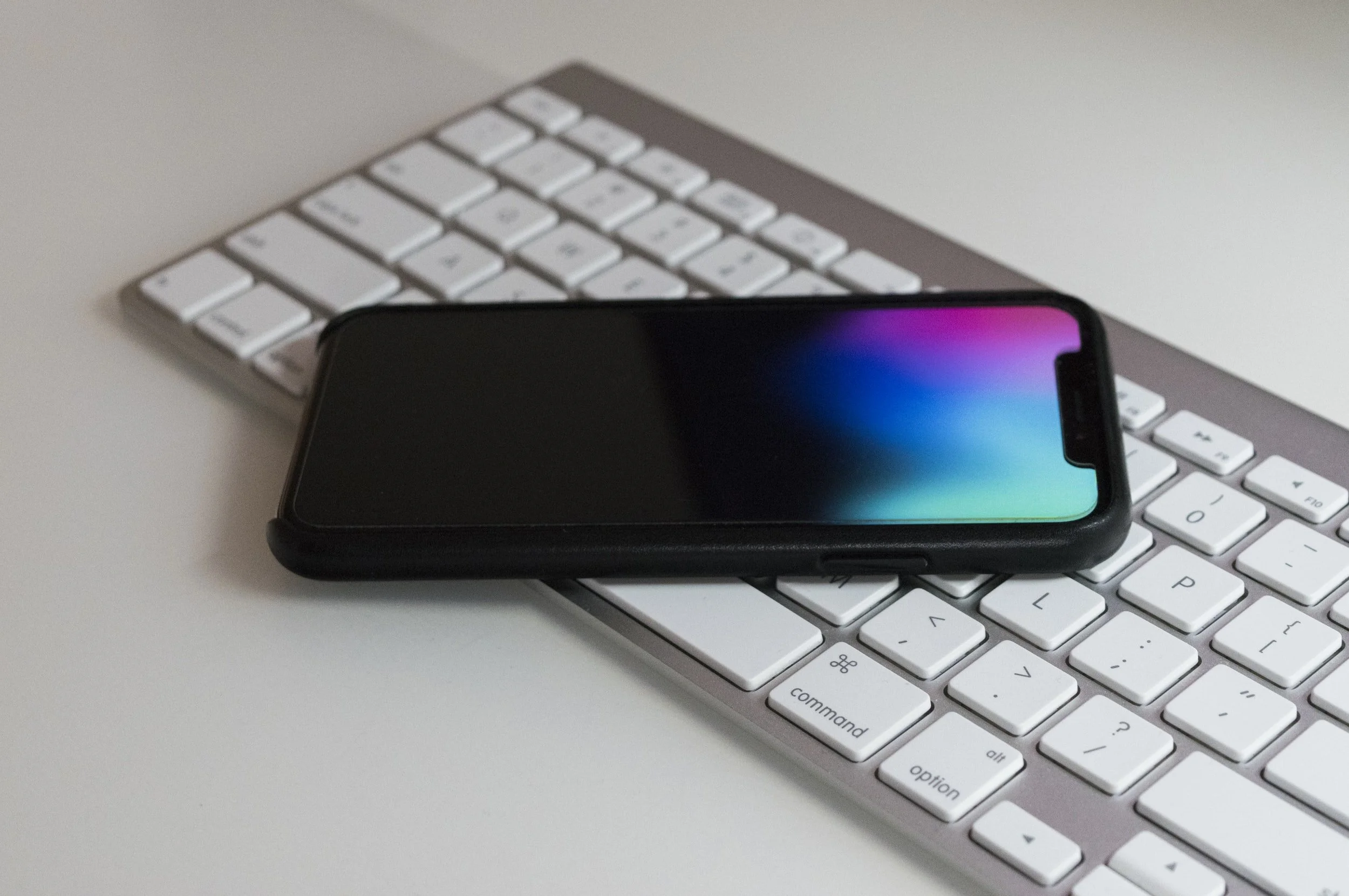Holy Smartphone
Among the many apps on my phone — communication and, productivity tools, e-commerce favorites, word puzzles, and varieties of solitaire — there is one app that links me to a something essential and important.
That one tiny icon on my phone’s screen is a portal to all the blessings and prayers an observant Jew might need to get through the day. If I were truly devout, I’d have that app open for consultation dozens of times per day. Most days, I forget that this resource is right there in my pocket.
That little app includes blessings for almost every human experience: from waking up (modeh ani) to eating a meal or snack (before and after, for various categories of foods) after using the bathroom (asher yatzar) and before going to sleep (shema Yisrael.) There are blessings for special occasions: seeing a mountain, an ocean, a rainbow, meeting a rabbinic scholar, a prominent secular person, tasting the first fruit of a new season, and many more.
Taking a break
One day per week, the holiest thing I can do with my phone is to put it away. Beginning at sunset on Friday until an hour after sunset on Saturday, the phone has no purpose. It is “muktzeh” — which means “assigned” in Hebrew, but the phone’s assignment is relevant on weekdays only.
The Sabbath (Shabbat in Hebrew) is a 25-hour respite, an island in time. Shabbat is time to enjoy the natural world, not to change it. That means no work is done: Observant Jews don’t plant, harvest, build, light fires, write, or draw, or engage in other work-like activities, or employ someone else to do any of those things. Gardening, cooking, drawing, or knitting might be hobbies, but on Shabbat, they are classified as work, and they must be set aside.
If there’s an emergency, it’s permissible to use whatever means are necessary to save a life.
It’s Biblical
These rules and prohibitions may seem unnecessarily restrictive — and I’m sorry to admit that I haven’t fully embraced all of the mitzvot (obligations) that elevate Shabbat. I do find tremendous beauty and value in these observances, and our family adopted — and adapted — them to create our own Shabbat traditions.
From the time our child was very small, 20+ years ago, we turned off the TV and computers as we prepared to light candles and welcome the Sabbath every Friday evening — but the phone stayed on. I’d gotten in the habit of calling my mom every day, and I didn’t make exceptions for Shabbat.
Over the years, of course, the phone has become so much. more than an instrument for conversation. It still provides the opportunity to make connections, but more often than not, those connections tether us to worldly, secular experiences — including work.
During those same years, my mom passed away, our child grew up and moved to a different city, and I had no real reason to use a phone on Shabbat. Left to our own devices, however, my husband and I put a little less effort into Shabbat preparations, unless we were having guests.
Then COVID came along and cut our Shabbat guest list to zero. We were home all day, every day, just the two of us. Now Shabbat didn’t seem so different or special. We kept up our Friday night traditions, but sometimes without much enthusiasm. Oddly, separating from the weekday routines felt like a burden.
Hang it up
At the end of an especially busy week at my new job — which I love — I had an especially hard time turning off the computer and closing the (for now, imaginary) door to my home office. As I set the table for Shabbat, my phone continued buzzing with after-hours alerts and messages. My co-workers were still engaged, and I did not want to leave them. I sneaked a peek. And another.
Then I took the phone upstairs, put it on the charger, and walked away. I promised myself that I would continue our family tradition or setting work aside on Shabbat. But as long as the phone was near me, I could not resist it. After a few minutes, I returned upstairs, removed my smart watch, and left it next to the phone.
I stayed away from the two devices until well after sundown on Saturday. I read for a while, ate meals, walked the dog, enjoyed long, uninterrupted conversations with my husband. I was tempted to reach for the phone more than once, but I made it.
I was happy to have the phone back in my hand when I returned to my desk and computer on Sunday morning. (Did I mention that it was a very busy week?)
Lesson learned. When I love my job, it is that much harder to set the weekday world aside, phone and all. And, paradoxically, when I am at my most reluctant to separate and celebrate, that is when I need Shabbat the most.
Have a great week. Hang on — until it’s time to hang up and get ready for Shabbat.

